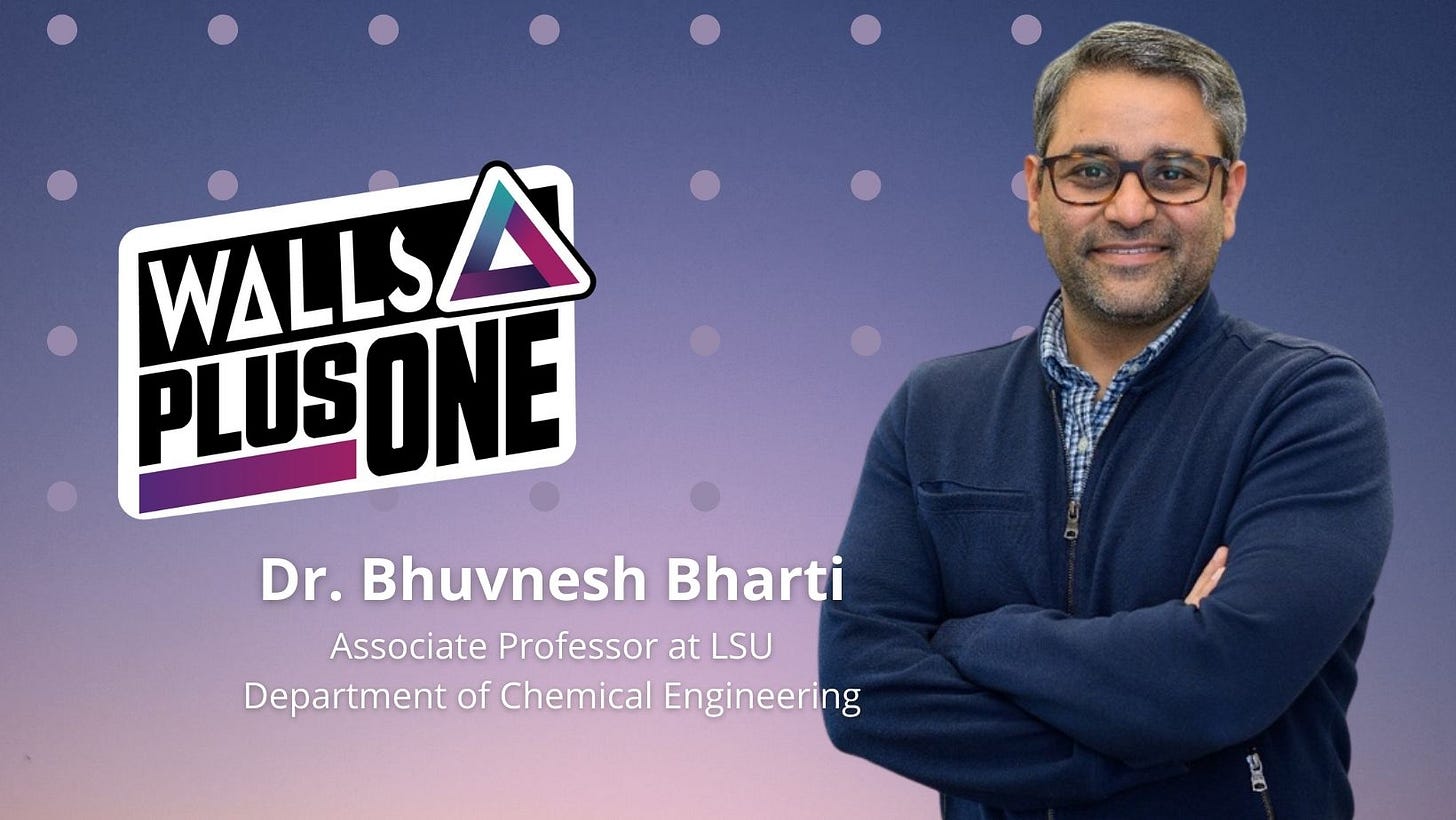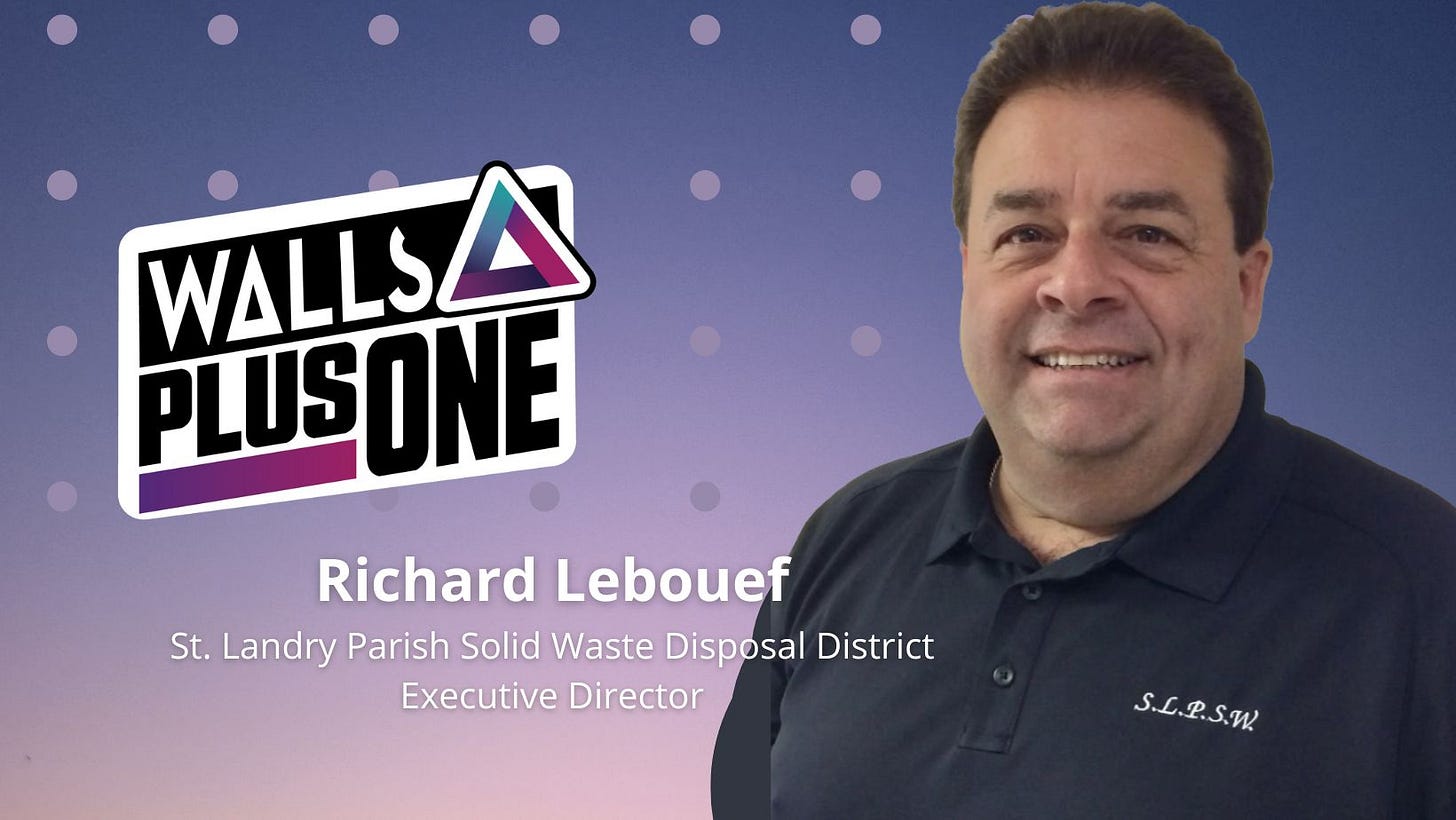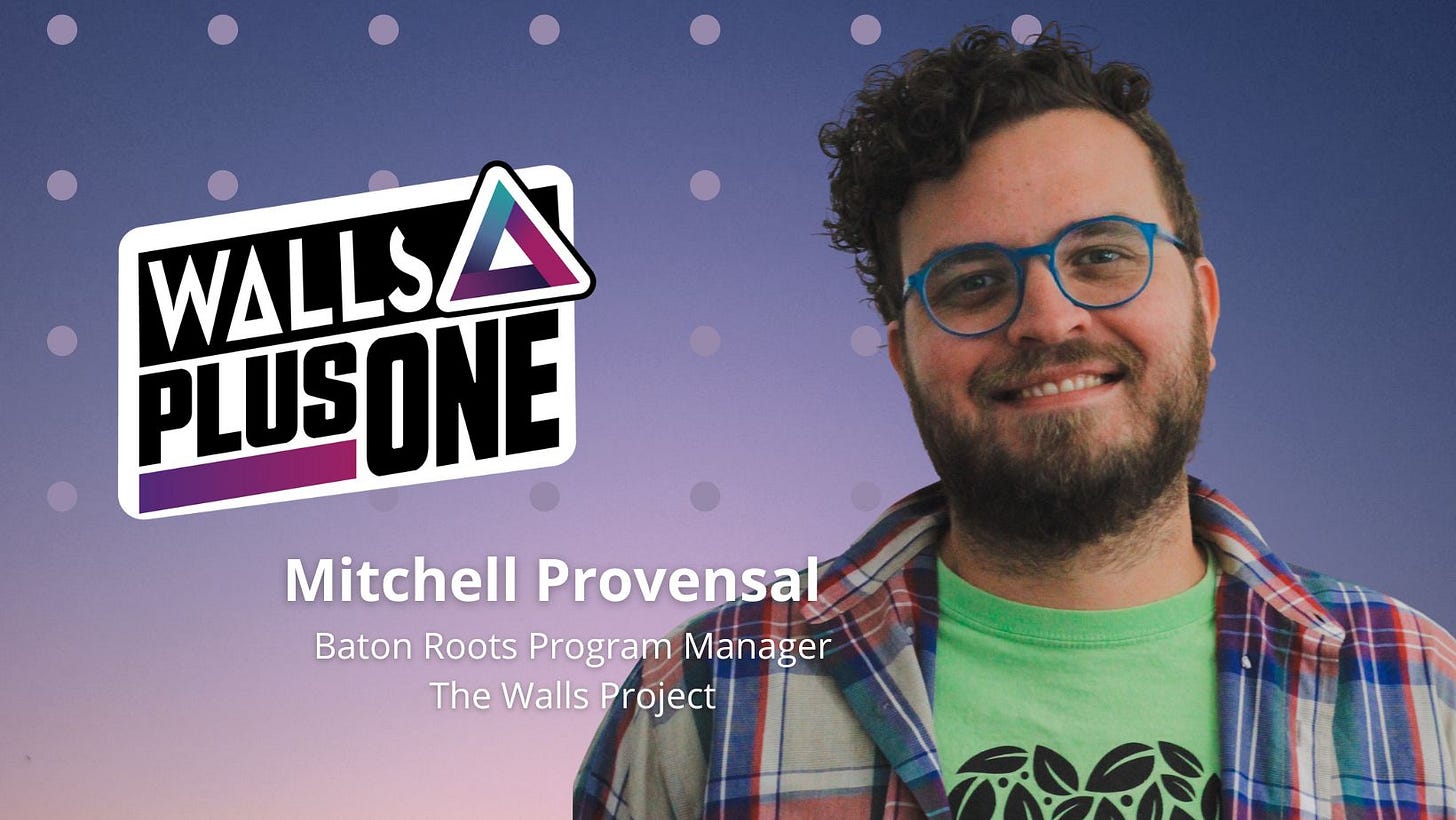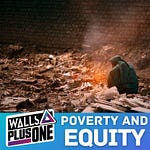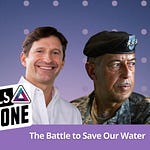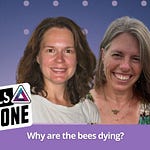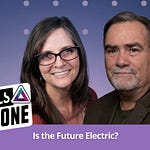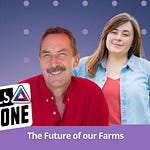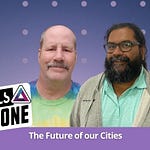This episode of Walls Plus One is getting a little down and dirty. We’re talking about trash. This is a HUGE problem and like most environmental issues, the problems we see are only a small fraction of the problem.
Right before the pandemic I learned so much about plastic. Much of that knowledge is credited to some incredible journalism that revealed some very disturbing facts about recycling. The digging was done by NPR and PBS Frontline. They spent months looking at internal documents and interviewing top former officials. What they found was that the oil and gas industry sold the public on the idea that recycling would be the solution to the plastic problem, but it very much was not.
READ THE ARTICLE: How Big Oil Misled The Public Into Believing Plastic Would Be Recycled
The reality is that only 10 percent of plastic has ever been recycled. All of those items you took great effort to clean and put in your recycle bin have probably ended up in landfills, or worse, the ocean.
Today, plastic production has more than doubled what it was 50 years ago. With all that growth, it has become one of the biggest environmental issues worldwide. But, it serves some incredibly valuable services that should not be restricted. As we’re surrounded by mounds of plastic debris, we’re beginning to learn that all of this plastic is now making its way into our bodies.
Dr. Bhuvnesh Bharti, PhD, is an associate professor at LSU in the Department of Chemical Engineering. I first interviewed him in 2019 when the university announced a research project in which he is involved. It’s related to microplastic in the air we breathe.
READ THE ARTICLE: It’s in the air we breathe: Microplastic in the atmosphere prompts new study at LSU
The field of microplastics is relatively new, but already has some relatively old research. Studying the way plastic breaks down has been happening since the 1970s and we’re seeing some very disturbing impacts.
However, Dr. Bharti explains that with all the research we’ve done, we still are at the very beginning of understanding how this plastic is impacting human health and our environment. Until we fully understand what is happening, we will have a hard time finding a solution.
In dealing with our trash, we need to start finding ways to better utilize and manage waste. The St. Landry Solid Waste District is doing some very interesting things to utilize it as a source of energy.
Richard LeBouef understands energy. Before joining St. Landry Solid Waste District, he spent nearly two decades in the oil and gas industry. This, combined with his Cajun heritage, lends to a unique perspective on environmental impact.
And as if that were not enough, he’s also an incredible musician. We’re ending this episode with one of his songs. You can watch him perform it live by CLICKING HERE.
Baton Roots Program Manager Michell Provensal rounds out the conversation with a chat about bokashi and how it’s an easy way to keep food waste out of landfills.
All that rotting food in landfills is contributing to greenhouse gasses being emitted. The EPA states that over 70 billion pounds of food waste reaches our landfills every year. In fact, the EPA estimates that more food reaches landfills than any other material in everyday trash. They believe it takes up roughly 24% of what’s in our landfills.
Bokashi is a method that will allow you to easily compost materials in your garden. To learn more, you can watch his full demonstration by CLICKING HERE.
As always, I thank you all for joining us for these important conversations. Moving forward to a more sustainable future is all about education, so just by listening to this podcast you’re being active in creating that future. Make sure to tell someone about what you learned, and share this episode on social media.
Links
Microplastics found in remote Pyrenees Mountains
Related reading 1: https://pubs.acs.org/doi/full/10.1021/acsenvironau.1c00016
Related reading 2: https://pubs.acs.org/doi/full/10.1021/acsenvironau.2c00036
Related reading 3: https://pubs.acs.org/doi/full/10.1021/acs.estlett.2c00728
Terms
We’re building on this list with every episode. Below are the terms related to this episode. CLICK HERE to see the full glossary of terms.
Microplastics: extremely small pieces of plastic in the environment created from the disposal and breakdown of consumer products and industrial waste.
Methane: a colorless flammable gas which is the main constituent of natural gas. It is the simplest member of the alkane series of hydrocarbons.




